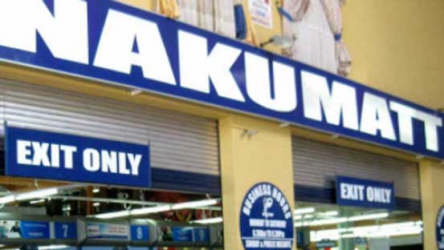×
The Standard e-Paper
Smart Minds Choose Us

NAIROBI, KENYA: The implosion of a family-owned Kenyan mattress shop that grew to become East Africa’s biggest supermarket chain is a cautionary tale about trying to grow too far, too fast to cash in on the rapid growth of the country’s middle class.
Kenya’s High Court will rule on Nov. 16 on Nakumatt Supermarkets’ petition for protection from creditors to whom it owes more than $300 million. Thousands of jobs are at stake, and France’s Carrefour and South Africa’s Shoprite are already moving to fill the gap.